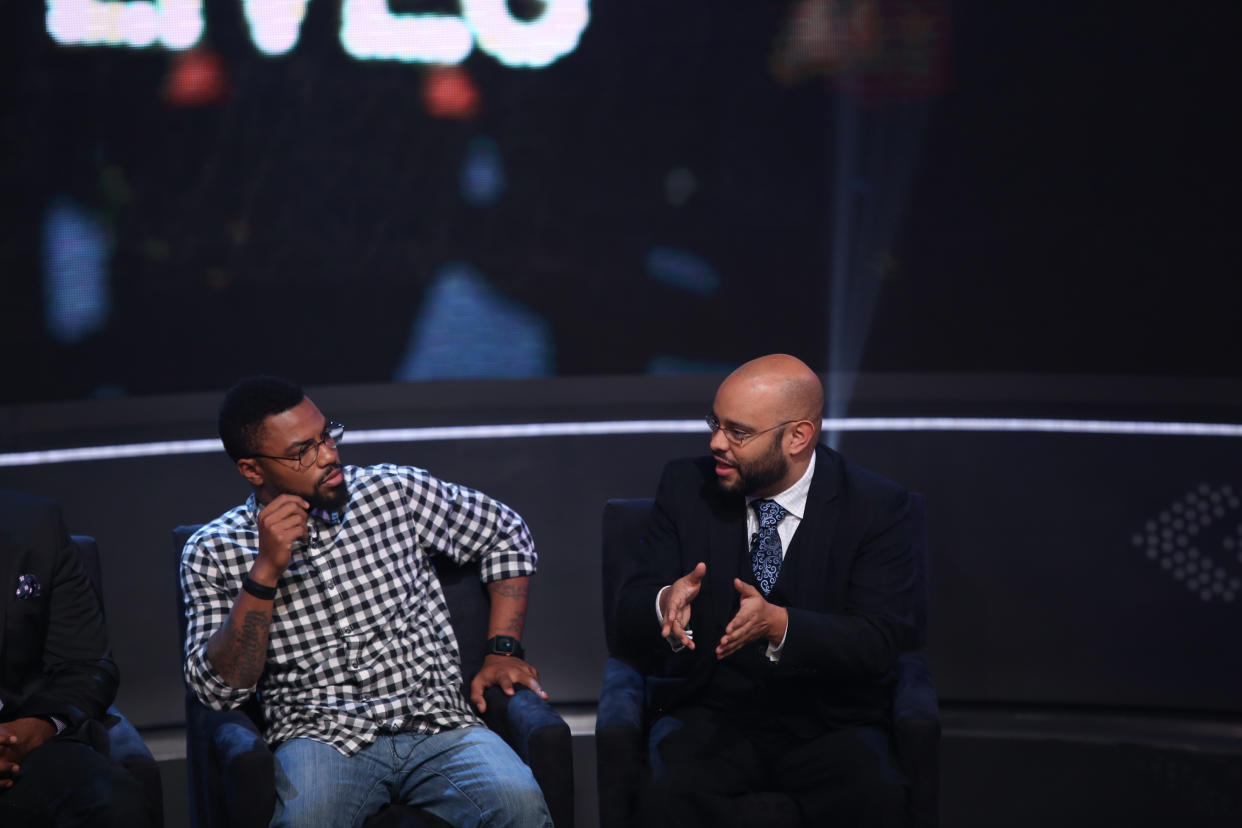'Racism isn’t just a moral issue. This is a profit and loss issue'

Ignoring racial equality in business will leave companies lagging behind their competitors, according to a leading expert on racism.
“This isn’t just a moral issue. This is a [profit and loss] issue,” said Phillip Atiba Goff, a psychologist acclaimed for researching the relationship between race and policing in the United States.
Atiba Goff noted that, as markets diversify, being behind on racial issues will dent a company’s bottom line in the same way that delaying progress on green energy and gender equality tends to.
Speaking at a panel on the reality of racial bias at the World Economic Forum in Davos, Atiba Goff said it was necessary to define racism scientifically, noting that this would help it become a solvable problem.
“As a psychological scientist, we actually define racism as accumulated patterns of behaviours that disadvantage one racial group and advantage another racist group, as well as the systems that facilitate that,” he said.
“And these wonderful things happens when you define the problem this way: you can start making it solvable. And when you can do that, this hopeless thing can become inspiring.”
READ MORE: World's elite head to Switzerland for Davos
The point, Atiba Goff said, is that if an organisation or a business has not yet figured out ways to measure the ways in which it facilitates racial disparity, that company is not just in moral peril, but also at financial risk.
“I don’t care about whether or not somebody’s racist — I don’t want to have that conversation,” he said.
“That conversation is awkward. But, worse: it’s frustrating. It is useless. I would much rather live in a world where our conversations about racism are conversations about what we can do. How we can best measure the problems and deliver solutions to the communities that need them.”
Atiba Goff has made progress in mapping patterns of behaviours that disadvantage racial groups, such as the number of times that a police force uses physical force. In doing so, leaders can determine what leads to those outcomes, and try to prevent the causes.
“We just started measuring it and we didn’t need a theory as to why. We just said: this is a bad thing, now let’s start to see what predicts it,” he said.



